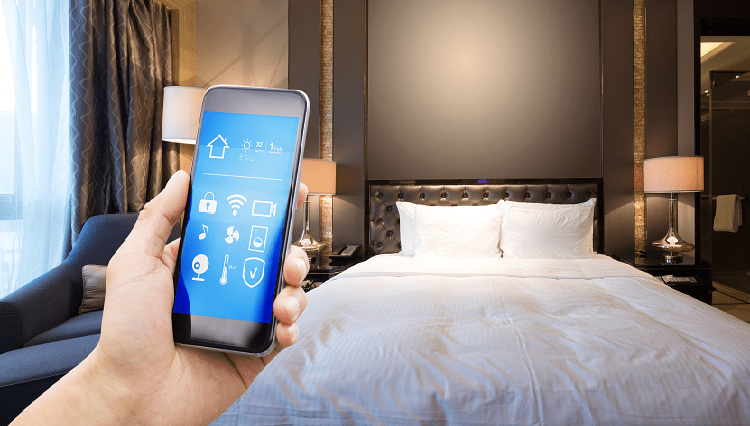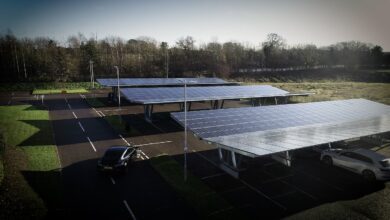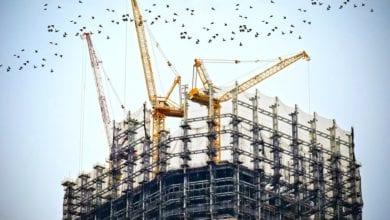
When I first got hooked on this sector, we used to get excited about offering a direct-dial telephone and a trouser press in the room to our guests. TV’s were standard in the room; however, the internet still didn’t even exist… No Wifi, four domestic TV channels and maybe a clock radio if it was a pretty fancy hotel. Back then, hotels were the place where new technology arrived first, giving guests the opportunity to try it out before it was found in the average home.
Of course, we now live in a world where most experiences start and finish with technology and all too often it dominates every step in between. Fortunately, in hospitality there’s still plenty of room for good old-fashioned in-person guest service, but how much of that service and the customer journey is now facilitated by technology? There’s plenty of technology which the guest can see and appreciate, but how much more is behind the scenes – technology they can’t see? How important is this in the overall operation of your hotel and what can’t we truly function without?
Technology is integrated into our hotel life, throughout the building and across the operation. Some of the key areas to consider are your commercial stack, guest experience, communication, smart buildings and sustainability. So, let’s start with the commercial platform.
Hotels first moved onto electronic reservations systems a long time ago. Distribution piggy-backed the airline GDS systems and for many organisations the infrastructure hasn’t changed that much. The airline platform is still critical for the GDS and a significant proportion of corporate and travel agency bookings. The OTA’s started with offline connections, faxes and extranets, however they have significantly evolved to live online and ‘in the cloud’. Hotels are now merging multiple distribution channels and technologies through a key channel manager and/or a booking engine which has to drop all these bookings seamlessly into your reservations and property management system (PMS).
Phew – it all sounds complicated doesn’t it? And it is. Add to that the two-way process of multiple room and rate types, inventory controls, revenue management controls, content management, photography, customer relationship management (CRM) and payment gateways and you start to appreciate how much your Front of House, I.T. and Revenue Management team do to keep it all live and accurate across multiple interfaces and then projected out into the big wide world. Very few hotel companies are large enough to develop and roll up these multiple elements into a single platform, so for the rest of us it’s a crucial decision how you choose your commercial partners to create a commercial platform that will give you the reach you need and ensure it’s reliable in this ‘always on’ world.
Guest experience starts long before any contact with the hotel or reservations team is made. Your digital marketing strategy and your website are naturally central and crucial to the discovery phase of the customer journey through to booking itself. Your CRM engine should pick up the customer journey from here with an integrated approach to building and enhancing the customer experience, sharing the right information at the right time and securing the booking. The more you can personalise a guest experience, the more they feel like an individual and someone special rather than a faceless number in your booking system. And there’s no reason why this can’t happen as technology is available and can ensure that the guest can choose their own room and check in before they arrive. Their GPS enabled mobile phone can alert the hotel to their arrival and even mobiles can be used as the key to get into their room.
In-room telephones are starting to disappear as messaging services, TV’s, tablets and smart speakers are providing the means for a guest to communicate with the hotel team during their stay. Communication platforms can drive the excellence within the operational teams and enable them to deliver to guest needs in food and beverage areas, concierge, maintenance and reception. Basically, all this amazing technology can help us become quicker, more efficient, more responsive and more agile than ever before.
Entertainment is also evolving. We’re changing the way we consume TV at home, and so this should be no different in hotels too. The ability to share your own content in your hotel room (casting) from your phone or your laptop, is the latest hotel must have. Smart TV’s open many doors for international guests to find the content that they want, in their own language or carry it with them on their own devices. Guest directories don’t have a future as apps, TV systems, tablets and smart speakers carry all the answers at your fingertips, or even with a voice enabled smart assistant. The key though, to these services, is great Wifi and we now live in a day where Wi-Fi is considered more important than a comfortable bed – if you believe some of the surveys that come out?!
As a group, we’ve looked at the different ways technology impacts on the customer journey; from the way a guest finds us, to the way they book and the different tech which they are likely to use and touch during their stay. But technology doesn’t end there. There’s a lot more going on inside the walls and under the floors to bring it all together and improve the way the building performs. These days, we are developing smarter buildings to become more efficient, safer, more sustainable and use less energy. We can control the lights in the rooms and the corridors by carbon dioxide levels sensing if someone is in the room. This means we no longer rely on key cards in a reader. Movement and air sensors can control the heating and lighting and it can all be adapted to individual preference and perform based on when the guest is in or out of the room, active or sleeping. Controlling energy consumption is crucial for the P&L as much as your reputation. Developing buildings to higher BREEAM rating, encouraging use of sustainable and recycled materials, responsible use of plastics and cleaning materials/chemicals and proactive waste management and recycling strategies are all supported by technology and form part of the critical path for hotel owners and developers. Even the private equity and institutional funds behind the money are increasingly making sustainability a key factor in their investment strategy.
Technology is touching every corner of the hotel and it’s increasingly clear that if we don’t keep up, we’re missing out. Make sure your decisions start and end with a great guest experience and you shouldn’t go far wrong.
By Robert Alley









